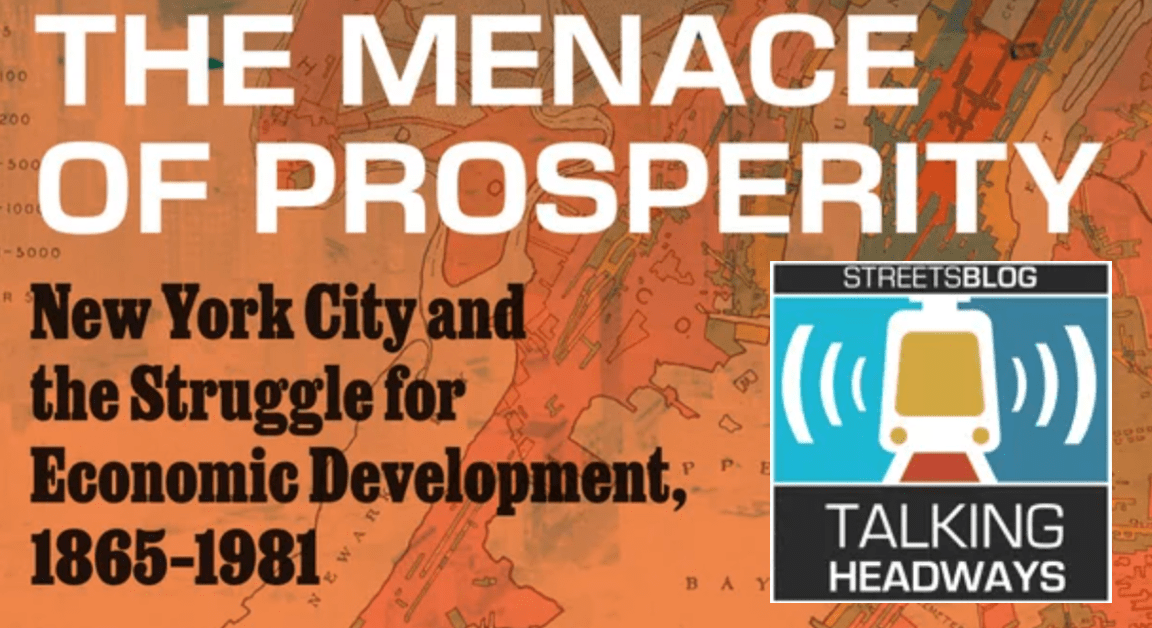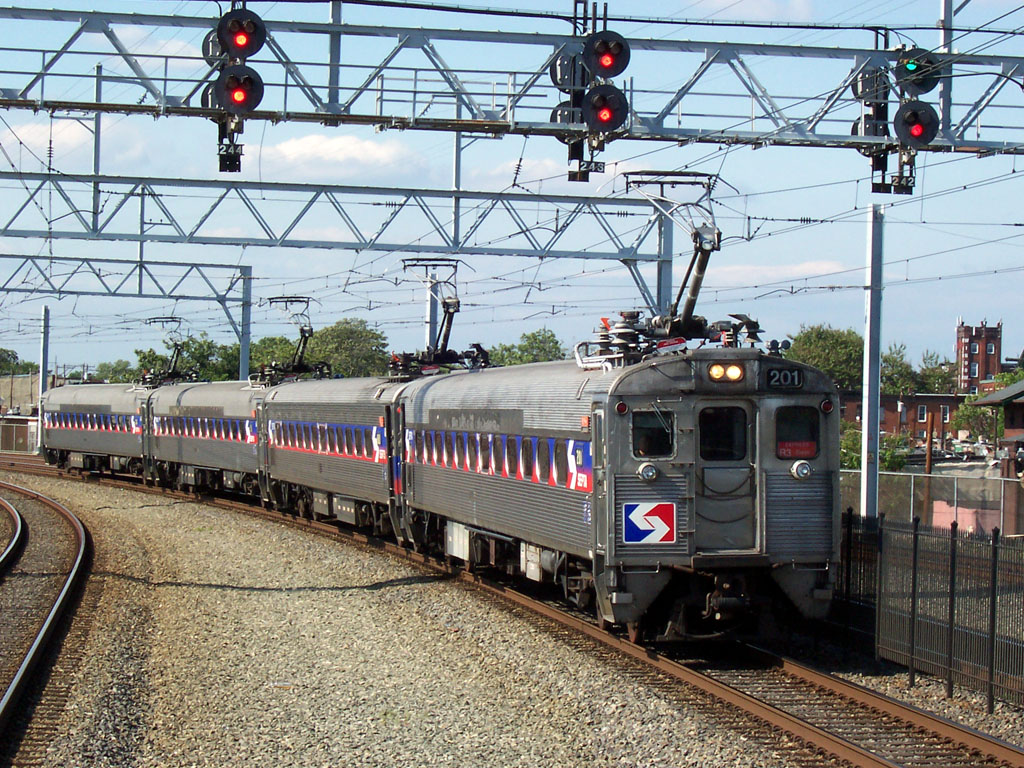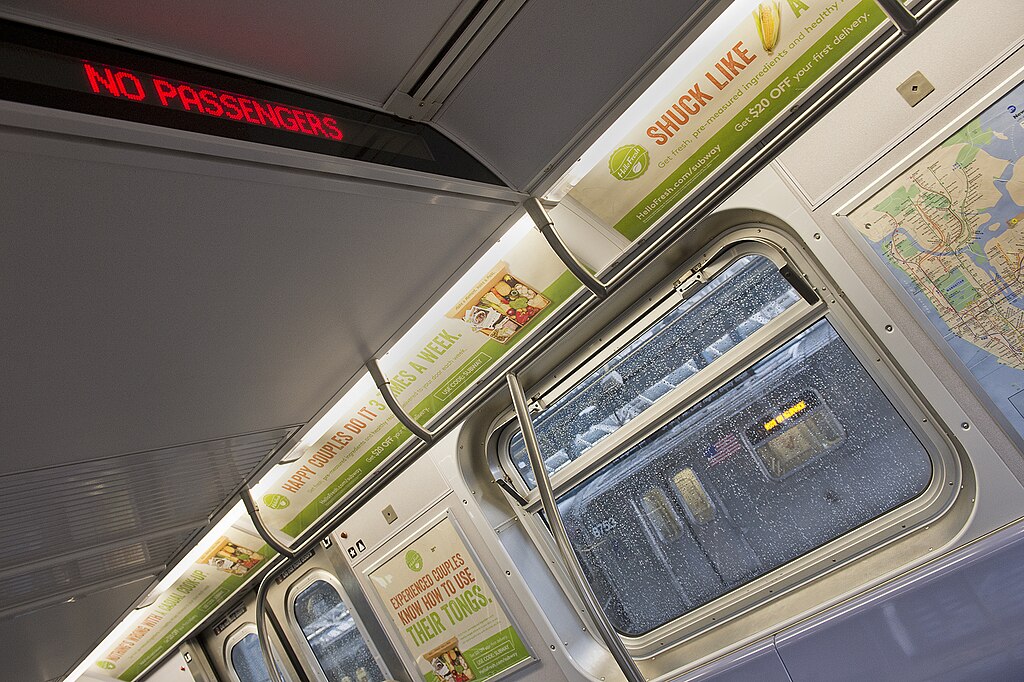I'm sure everyone has a personal "bike route" nemesis in their city. Mine, for instance, is the bike lane that exists only for the length of an important bridge but also switches lanes without warning in the middle of the bridge. (This also occurs right at the height of the bridge, where's it's difficult to see the road ahead of you.)
When it comes to crappy bike infrastructure, I think Cleveland could give any city in the Midwest a run for its money. But Bill Lindeke at Network blog Twin City Sidewalks is out to settle this once and for all.
Lindeke says he has located the worst bike lane in the Midwest and it's in Minneapolis. He's even devised a formula to determine the worst of the worst:
I'm sure the battle for "worst bike lane in the Midwest" is a contentious one. The USA is riddled with terrible bicycle infrastructure, from sea to shining sea. In fact, almost every bike lane is bad (by standards of "good bike lanes," which only rarely exist anywhere). So basically, most bike lanes are bad and spotty and have huge gaps that force bicyclists to almost completely lose whatever dignity they might briefly have attained during their bicycle ride.
And if you're in a country where bad bike lanes are commonplace, how do you go about choosing the "worst" one? That's really where this discussion should be heading. Given this treacherous landscape, I'm going to suggest the following equation for choosing the worst bike lane: [total # of riders] + [quality of bike lane] = [total bike lane quality impact]. And, using this equation, I want to propose that this tiny 1.5 block stretch of "bike lane" on the University of Minnesota campus is, in fact, the worst bike lane in Midwestern USA.
There are thousands of bikes everyday day going in between these two main routes. And, what kind of bike lane connects these two major thoroughfares? This crappy strip of narrow concrete is shared not only by tons of pedestrians and separated from the bike lanes by concrete barriers, strange crosswalks, and a ramp. On top of that, it serves as a loading dock for some sort of highly explosive-looking chemical facility, and routinely features huge semi trucks backing into and out of this tiny cramped space through which these large numbers of bicycles are supposed to flow.
Got a bad one in your city? Let us know where to avoid in the comments.
Elsewhere on the Network today: Baltimore Spokes shares a new tool developed by the World Health Organization that estimates the positive health impact of walking or biking infrastructure in dollar terms. Spacing Toronto reports that Mayor Rob Ford's ridiculous transit plan (subways to the suburbs) has, predictably, fallen flat and potentially ruined his political career. And PubliCola looks at the relative success of dynamic parking in both Seattle and San Francisco.






